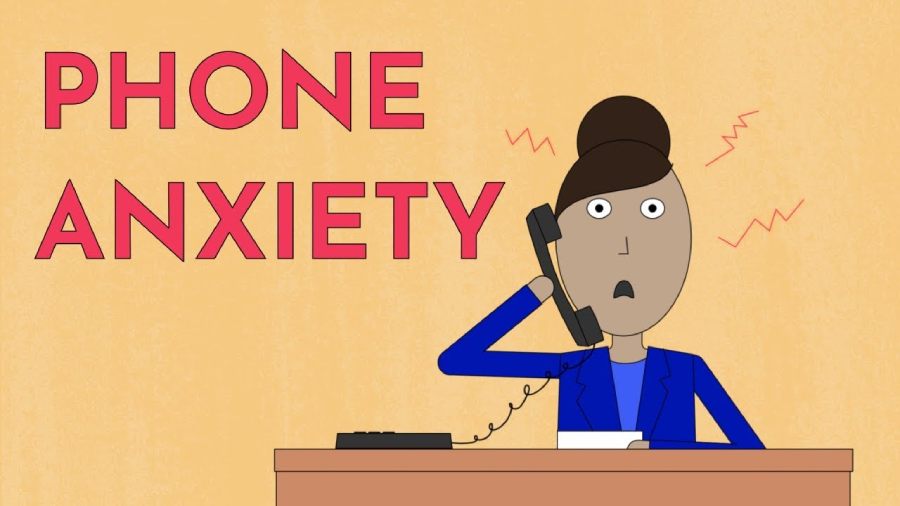Texting Versus Talking at Work How to Overcome Phone Anxiety
Phone anxiety can be a serious issue that prevents people from growing professionally or developing strong relationships with clients and coworkers. Luckily, some strategies can help address this phobia and overcome it.
In the ever-evolving landscape of workplace communication, finding the right balance between texting versus talking is essential. While each mode has advantages, overcoming phone anxiety is crucial for professionals aiming to thrive in collaborative environments.
Be Prepared
For some people, unexpected phone calls are a major source of anxiety. It’s one thing to dread unscheduled meetings or a friend calling in, but things can get tense when your boss asks you to talk on the phone.
Preparing for these calls is important by writing down the points you want to make and rehearsing them. Also, try to imagine a successful conversation beforehand. This will help to ease your worries and increase your confidence.
Additionally, it may be helpful to find a support network of other individuals who experience phone anxiety. This will help build accountability, provide mutual support, and encourage you to take more and more calls over time. Deep, slow breaths and smiling can also help to calm you during calls and trick your brain into feeling relaxed. If your phone anxiety is persistent or severe, consider therapy with a licensed specialist. Often, this will be the most effective method of treatment.
Don’t Overdo It
Many people experience phone anxiety and avoid calling friends or family. Some go days, weeks, or even months without talking to someone on the phone. This is a problem because it limits the amount of personal contact you can have, impacting your quality of life.
If you can’t get over your fear of calling, it might be a good idea to speak with a licensed mental health professional. They can help you learn to control your anxiety and overcome it.
When you call, you can convey nuances and emotions that are impossible in text messages or emails. You can also solve problems faster with calls because clarifications and discussions happen in real-time. Plus, calls can create deeper connections because the person on the other end will see that you have a vested interest in them. This can build trust over time and lead to new friendships and relationships. Also, remember to smile during your calls – this makes people feel more relaxed and at ease.
Fake It Until You Make It
The phrase “fake it until you make it” often encourages people who are not confident about a situation to keep pushing forward. However, it’s important to understand that this strategy has limitations and should only be used in certain situations.
For example, if your boss asks you to lead a call with an important client, and you know you will be nervous during the conversation, you may use this strategy. This can be a great way to build confidence, but it’s essential to prepare beforehand and be mindful of what you say.
For example, you can practice by taking short practice calls with friends and family to feel comfortable talking on the phone. This is known as exposure training, and it’s a common method for overcoming phone anxiety. Additionally, you can use visualization techniques to help you remain calm during the call. This helps you focus on your goals and the result of the call rather than the words you are saying.
Take a Deep Breath
For some, the simple act of picking up a phone causes anxiety and sweaty palms. The good news is that it’s not permanent, and there are ways to overcome it.
Practicing breathing exercises, rewarding yourself after calls, and visualizing the call going well can all help reduce stress and boost confidence. Those who suffer from severe phone anxiety or “telephobia” should seek professional counseling. Fortunately, therapy is more accessible than ever and can be conducted in person or over the phone.
For many, talking on the phone creates a deeper connection and conveys nuances of tone and emotion that text cannot capture. It also allows for more productive conversations and can often result in solutions being discovered more quickly. Ultimately, anyone suffering from phone anxiety should embrace the benefits of calling and make it a regular part of their workday. This small step can have a huge impact on their professional life.






